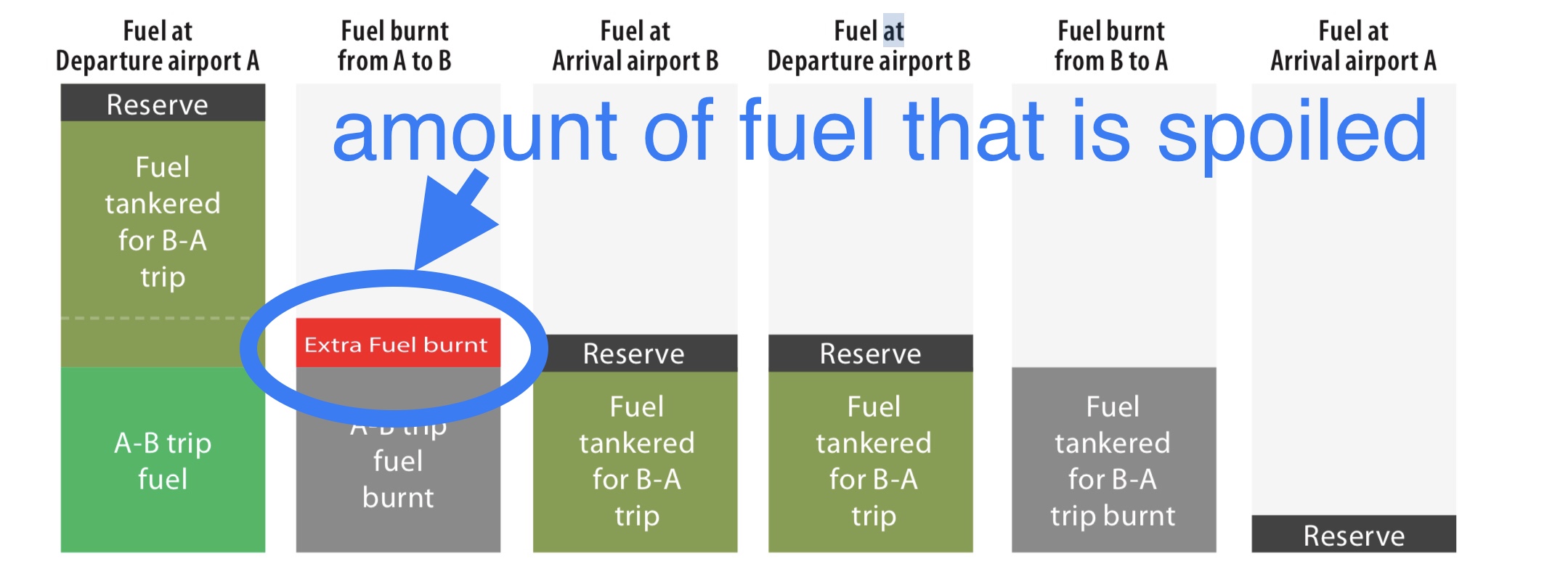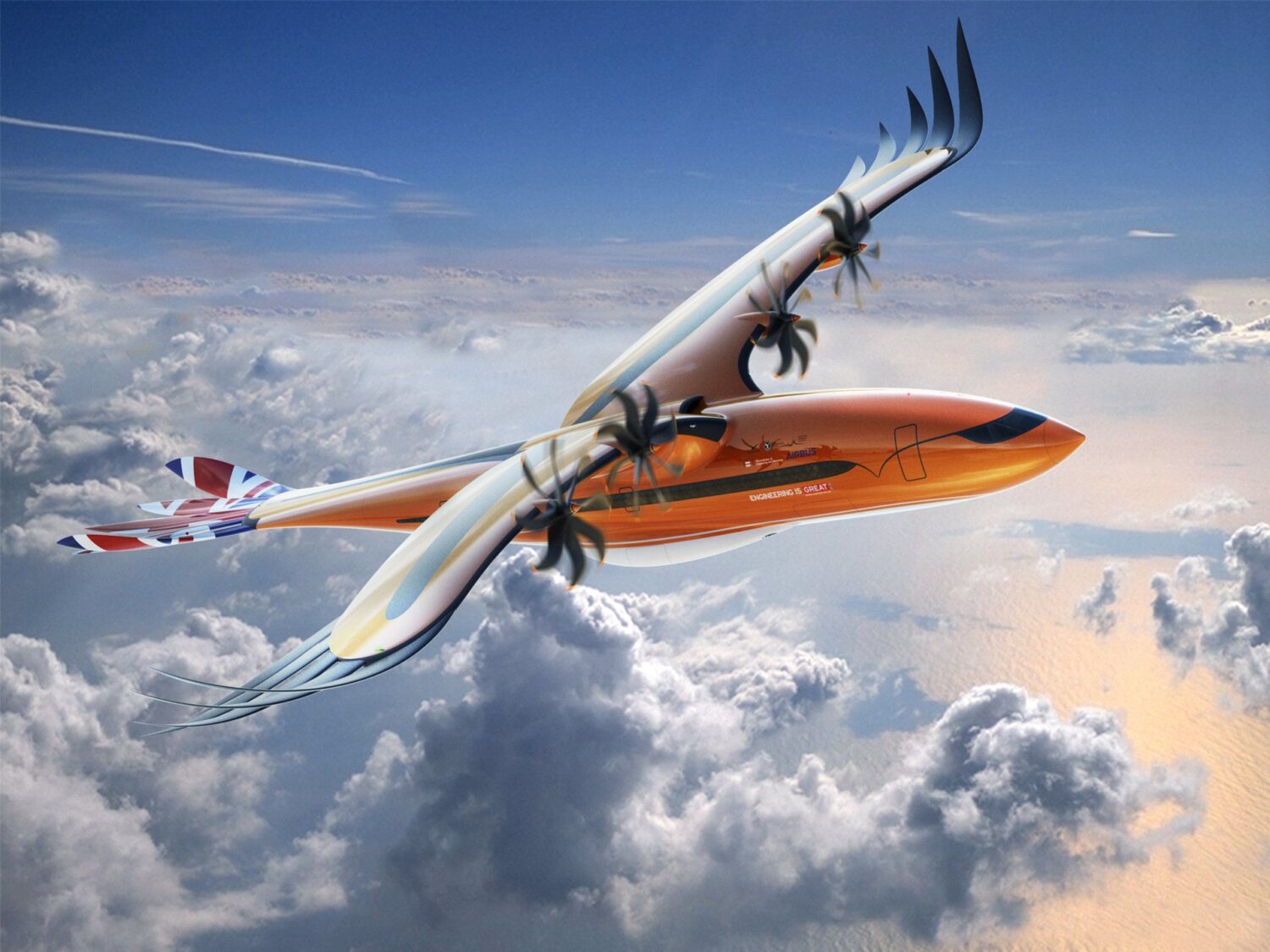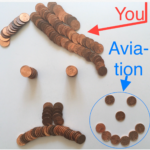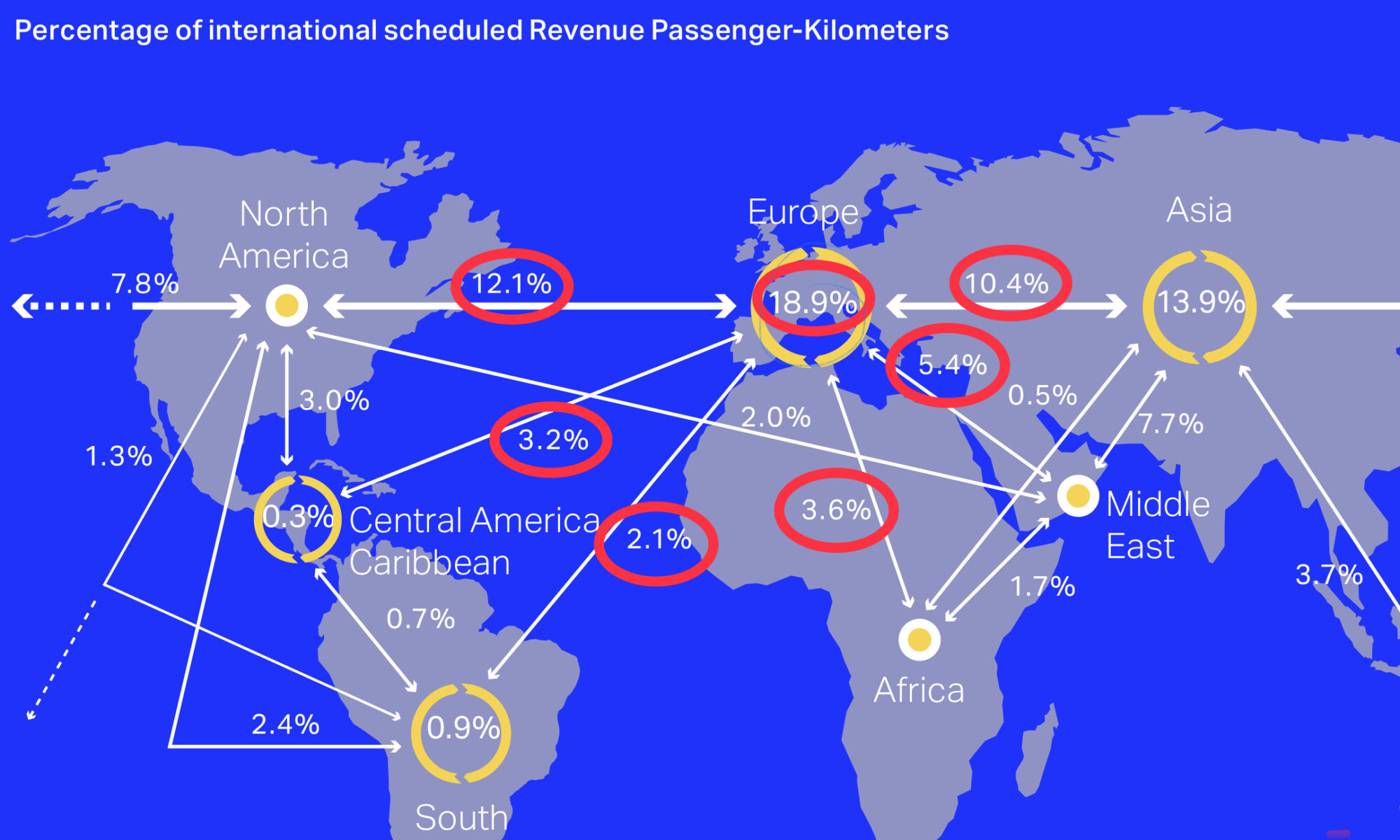Aircraft manufacturers and airlines will only invest, when getting returns. The CORONA pandemic, its economic aftermath and the world’s efforts to curb CO2 emissions makes continued low prices for kerosene likely. Airlines and aircraft manufacturers will not invest in new airplanes without economic need. Politics must make the regulations, give guidance and stimulation for aviation to focus on fuel efficiency.
1. How much is the fuel?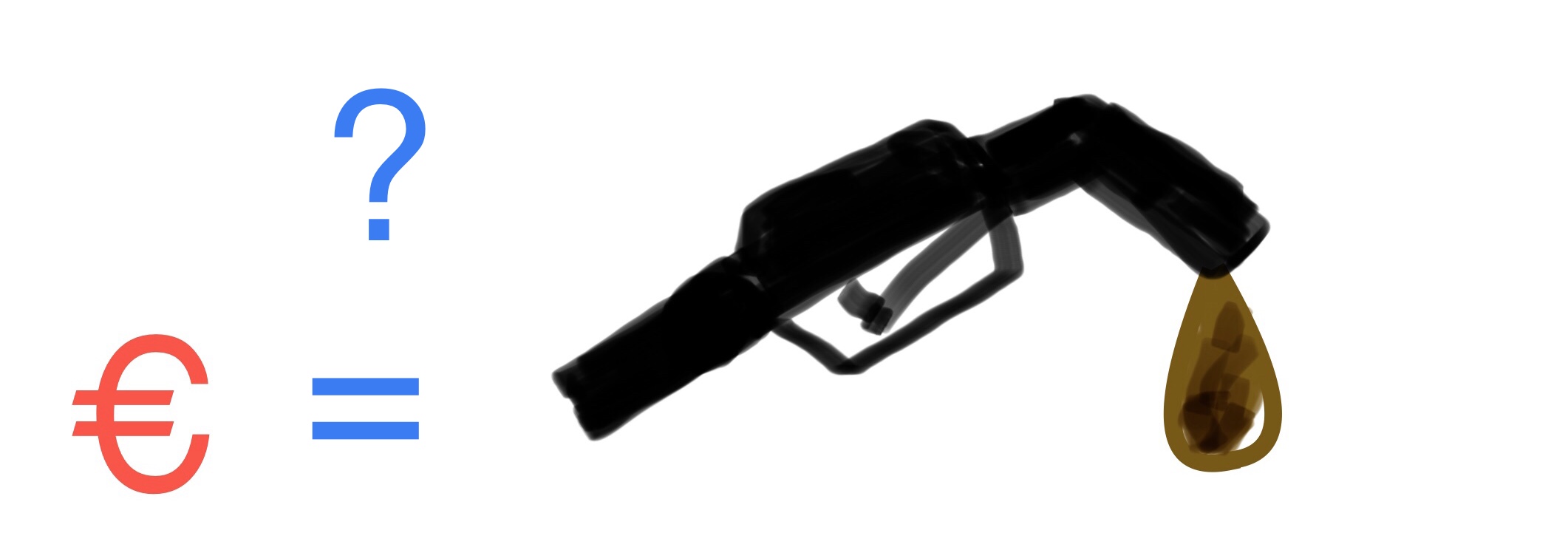 Fuel is not always the biggest cost for an airline. Continue reading “Low prices for the use of kerosene, hold back any development towards more sustainability”
Fuel is not always the biggest cost for an airline. Continue reading “Low prices for the use of kerosene, hold back any development towards more sustainability”
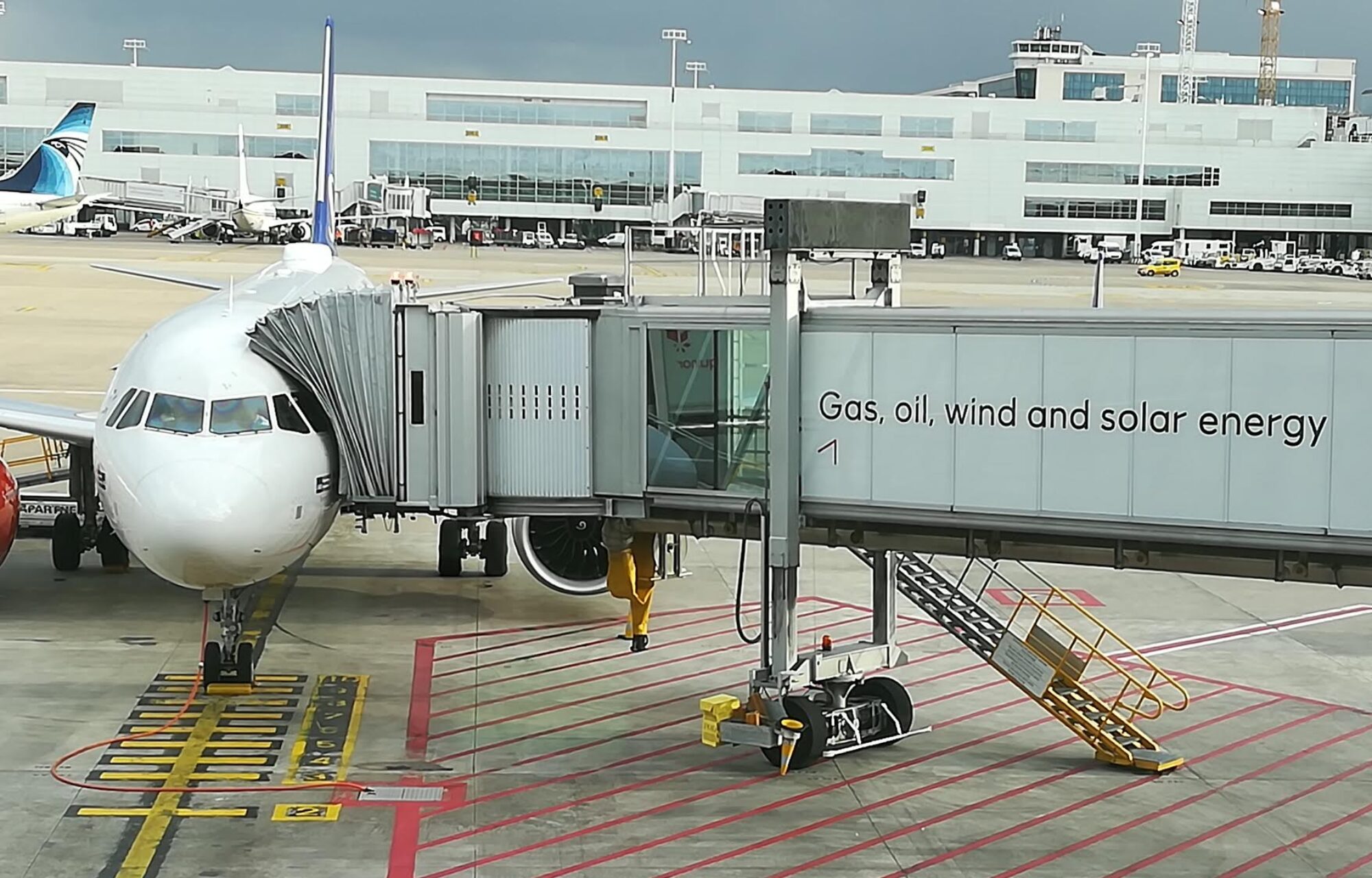
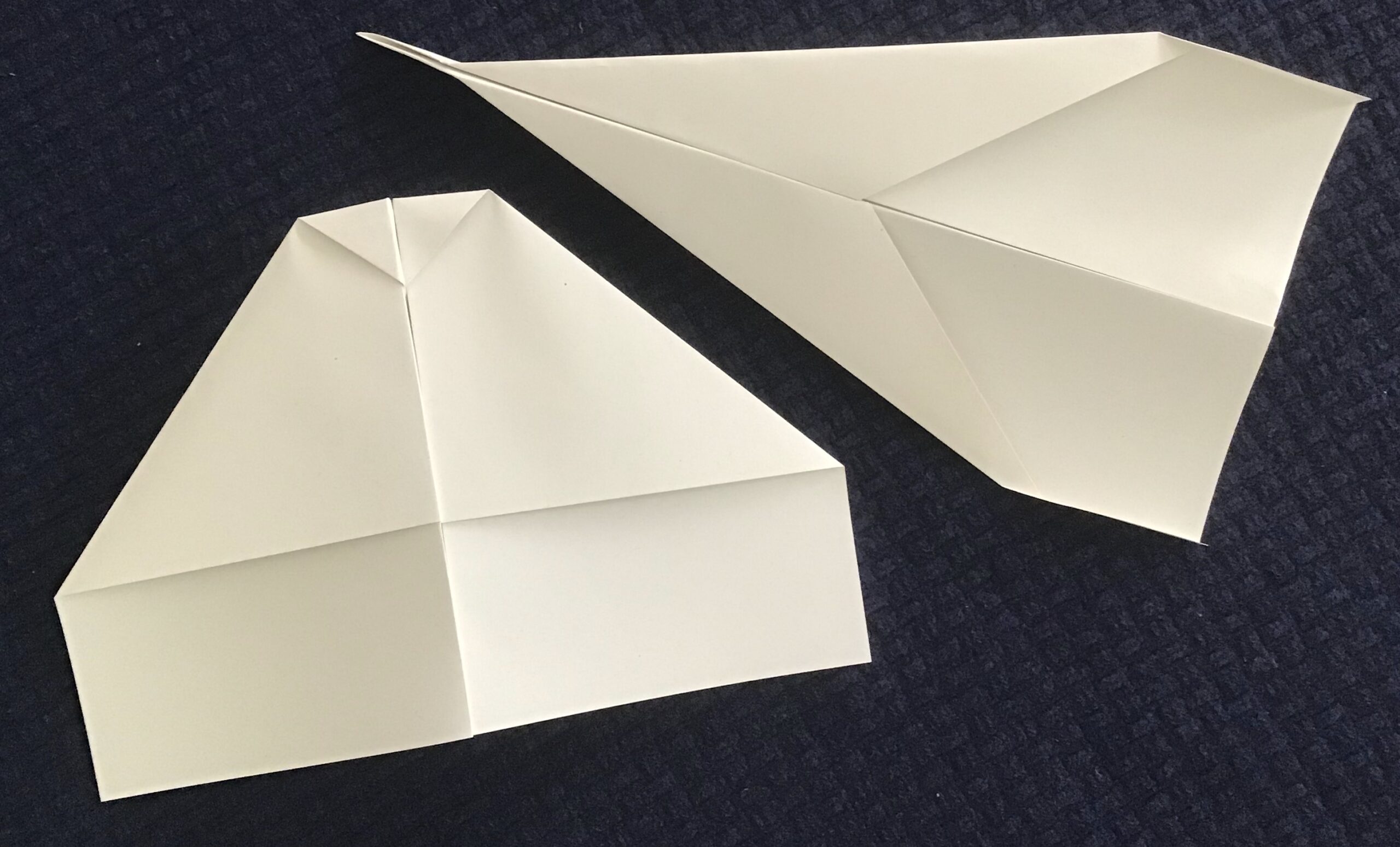 Aircrafts are designed around an airline’s business plan. Designers optimise an aircraft’s fuselage, it’s wings and engines to fly with a specific speed to gain an airline the highest profits.
Aircrafts are designed around an airline’s business plan. Designers optimise an aircraft’s fuselage, it’s wings and engines to fly with a specific speed to gain an airline the highest profits. 
 Flights must be manned with 2 pilots. However, longer intercontinental flights must be manned with 3 or 4 pilots, because legal work and rest times regulations require pilots to have inflight-rest periods.
Flights must be manned with 2 pilots. However, longer intercontinental flights must be manned with 3 or 4 pilots, because legal work and rest times regulations require pilots to have inflight-rest periods. Aircraft maintenance costs go by the hour. The faster the flights, the lower the maintenance costs. Airlines prefer to consume more fuel and fly at higher speeds instead of saving fuel when prices are low.
Aircraft maintenance costs go by the hour. The faster the flights, the lower the maintenance costs. Airlines prefer to consume more fuel and fly at higher speeds instead of saving fuel when prices are low.